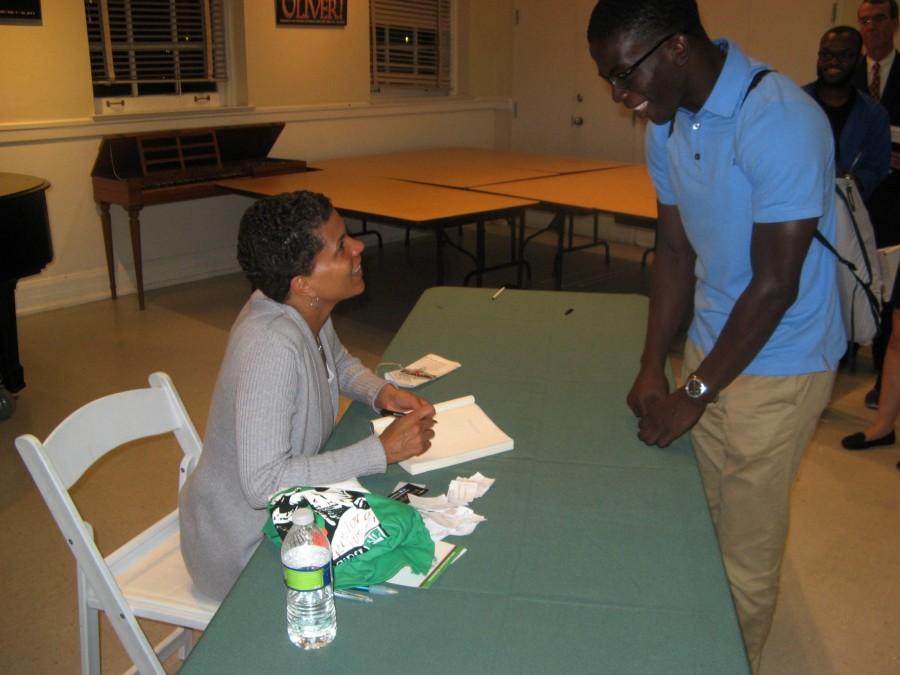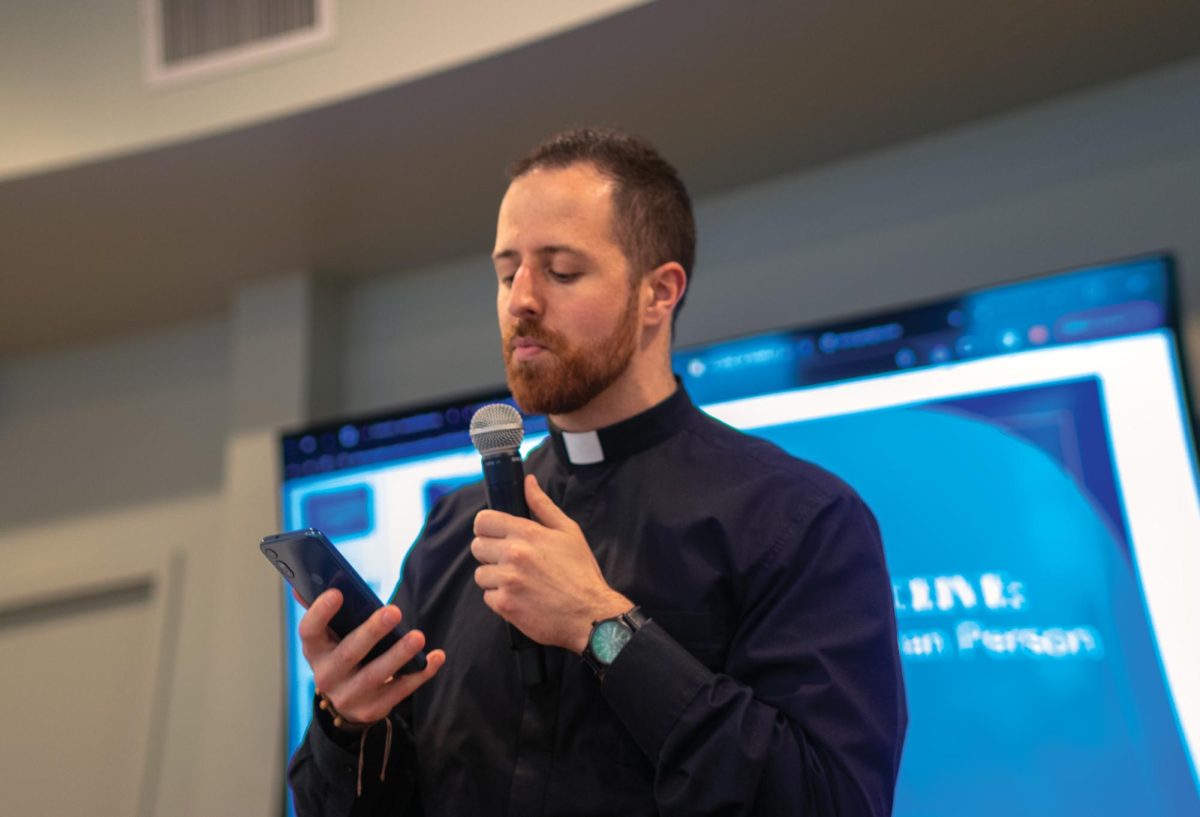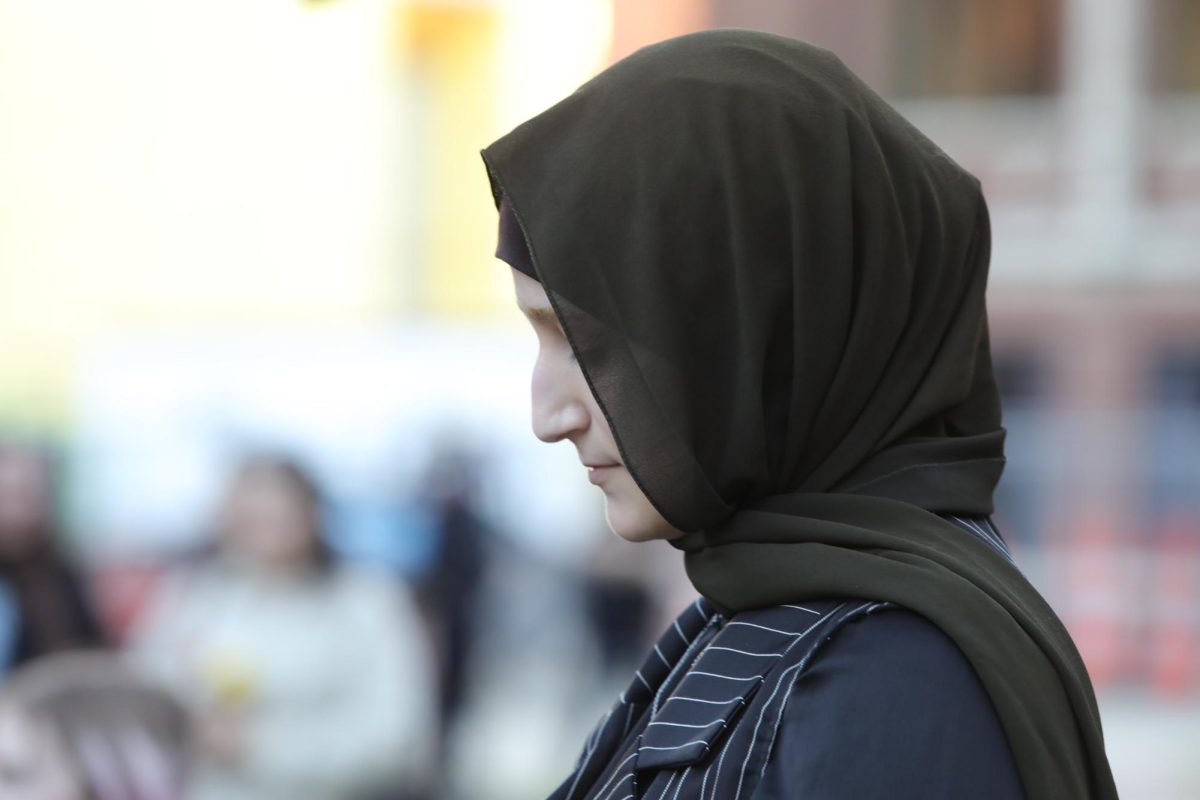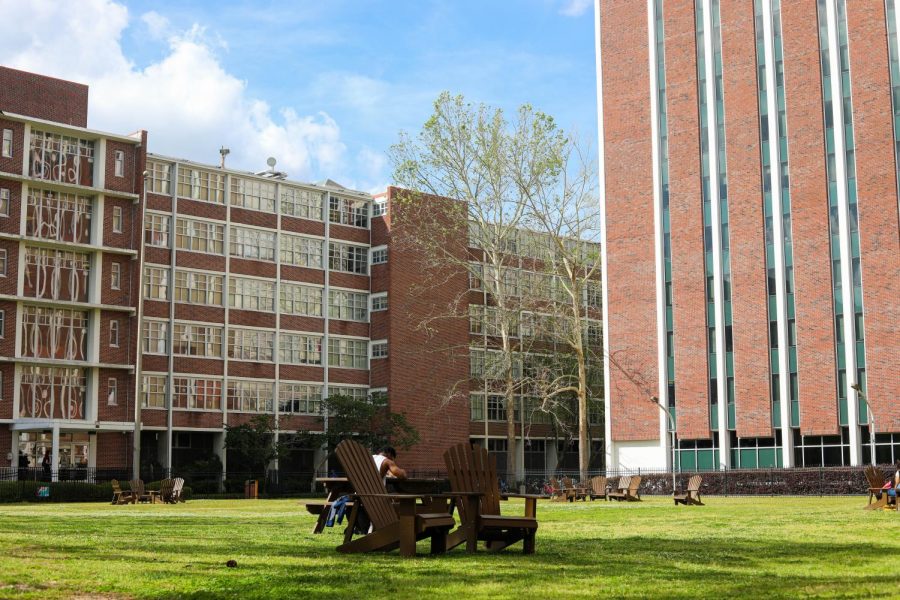Discourse about high incarceration rates in the U.S., specifically in Louisiana, inspired Loyola students to bring a brand new initiative to campus.
On Wednesday, Oct. 2, Michelle Alexander discussed her book, “The New Jim Crow” at Tulane University.
Olivia Lawson, sociology junior, pinpointed Alexander’s book as the motivation for creating the new Loyola University Community Action Program project called Students Against Hyper-Incarceration.
Lawson said Alexander’s book is about the social phenomenon of low-income schools funneling youth of color into the criminal justice system. Lawson said this injustice made her want to do something to change the vicious cycle.
“Being black in America, I already knew this was going on, and the book gave me only concrete fact,” Lawson said. “I wanted to find a way to get involved to combat this racist system.”
Lawson said the new project aims to raise awareness about the mass incarceration of blacks in the U.S., emphasizing the “school-to-prison pipeline” cycle. The project describes the “school-to-prison pipeline” as based on the assumption that minority children born into low-income neighborhoods have a higher chance of ending up in prison.
LUCAP’s adviser Joe Deegan said that awareness projects such as this one are pivotal for initiating change.
“Many Loyola students may not be aware that Louisiana has the highest incarceration rate in the world. Worse, there is a large body of empirical evidence linking a defendant’s race to disparate outcomes in the criminal justice system,” Deegan said. “This is a human rights issue.”
Robert English, a lecturer in the criminal justice department and retiree from the Federal Bureau of Prisons, said minority students are quickly marginalized and punished in school systems. He said this often leads them to a life of crime.
“They are suspended, expelled, and the most likely outcome is that they do not return and become more involved in criminal activity as a last resort,” English said in an email.
Wednesday’s lecture and book signing was a part of this year’s Tulane Reading Project which has been creating events surrounding book discussion and lectures since 2002.
Jacqueline Joseph, political science senior and LUCAP chairwoman, said that she is pleased with the newest addition to LUCAP’s project umbrella.
“LUCAP’s commitment to our Jesuit values especially in the areas of our commitment to service and a special concern for the poor and oppressed are embodied with Students Against Hyper-Incarceration,” Joseph said. “LUCAP is about advocacy and action, and this project is doing both and I’m excited to see this project grow and advocate in both our Loyola and New Orleans communities.”
Eliana Green, sociology junior, works with Lawson on the project. Green said she believes the project is a good way for her to reach out to her community.
“Just by living in a city like Chicago you are constantly seeing this,” Green said. “Being able to physically see people targeted for small drug crimes and the way that people you know are stereotyped and so forth contributed to why I wanted to reach out in my own community.”
Shamara King can be reached at [email protected].
Jessica DeBold contributed to this story.













